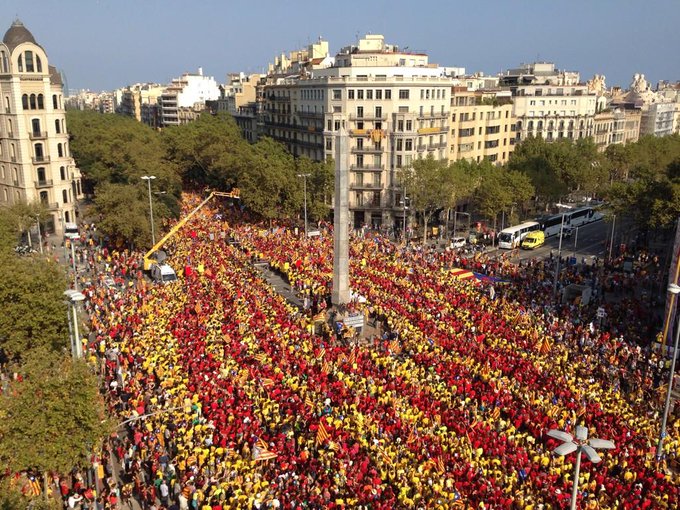CARLES OGIER DE BATZ DE CASTELMORE, D"ARTAGNAN
D'Artagnan was born in Lupiac. His father, Bertrand de Batz (de Baatz), was the son of a newly ennobled merchant, Arnaud de Batz, who purchased the castle of Castelmore. Charles de Batz went to Paris in the 1630s, using the name of his mother, daughter of an illustrious family, Françoise de Montesquiou d'Artagnan. D'Artagnan found a way to enter into the Musketeers in 1632, perhaps thanks to the influence of his family's friend, Monsieur de Tréville (Jean-Armand du Peyrer, Comte de Troisville). While in the Musketeers, d'Artagnan sought the protection of the influential Cardinal Mazarin, France's principal minister since 1643. In 1646, the Musketeers company was dissolved, but d'Artagnan continued to serve his protector Mazarin.
D'Artagnan had a career in espionage for Cardinal Mazarin, in the years after the first Fronde. Due to d'Artagnan's faithful service during this period, Louis XIV entrusted him with many secret and delicate situations that required complete discretion. He followed Mazarin during his exile in 1651 in the face of the hostility of the aristocracy. In 1652 d'Artagnan was promoted to lieutenant in the Gardes Françaises, then to captain in 1655. In 1658, he became a second lieutenant in the newly reformed Musketeers. This was a promotion, as the Musketeers were far more prestigious than the Gardes-Françaises.
D'Artagnan was famous for his connection with the arrest of Nicolas Fouquet. Fouquet was Louis XIV's finance commissioner and aspired to take the place of Mazarin as the King's advisor. Fouquet was also a lover of grand architecture and employed the greatest architects and artisans in the building of his Chateau Vaux-le-Vicomte. He celebrated the completion with a most extravagant feast, at which every guest was given a horse. The king however felt upstaged by the grandeur of the home and event and, suspecting that such magnificence could only be explained through Fouquet's pilfering the royal treasury, immediately had d'Artagnan arrest Fouquet. To prevent his escape by bribery, D'Artagnan was assigned to guard him for four years until Fouquet was sentenced to life imprisonment.
In 1667, d'Artagnan was promoted to captain-lieutenant of the Musketeers, the effective commander as the nominal captain was the King. As befitted his rank and position, he could be identified by his striking burgundy, white and black livery—the colours of the commanding officer of the Musketeers. Another of d'Artagnan's assignments was the governorship of Lille, which was won in battle by France in 1667. D'Artagnan was an unpopular governor and longed to return to battle. He found his chance when Louis XIV went to war with the Dutch Republic in the Franco-Dutch War. After being recalled to service, d'Artagnan was subsequently killed in battle on June 25, 1673, when a musket ball tore into his throat at the Siege of Maastricht. The French historian Odile Bordaz believes that he was buried in Saint Peter and Paul Church in Wolder, Netherlands.






